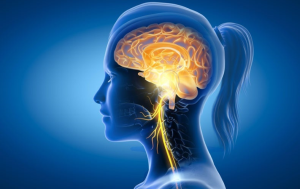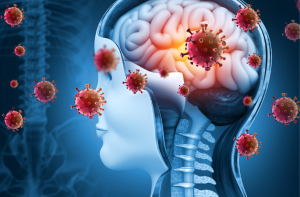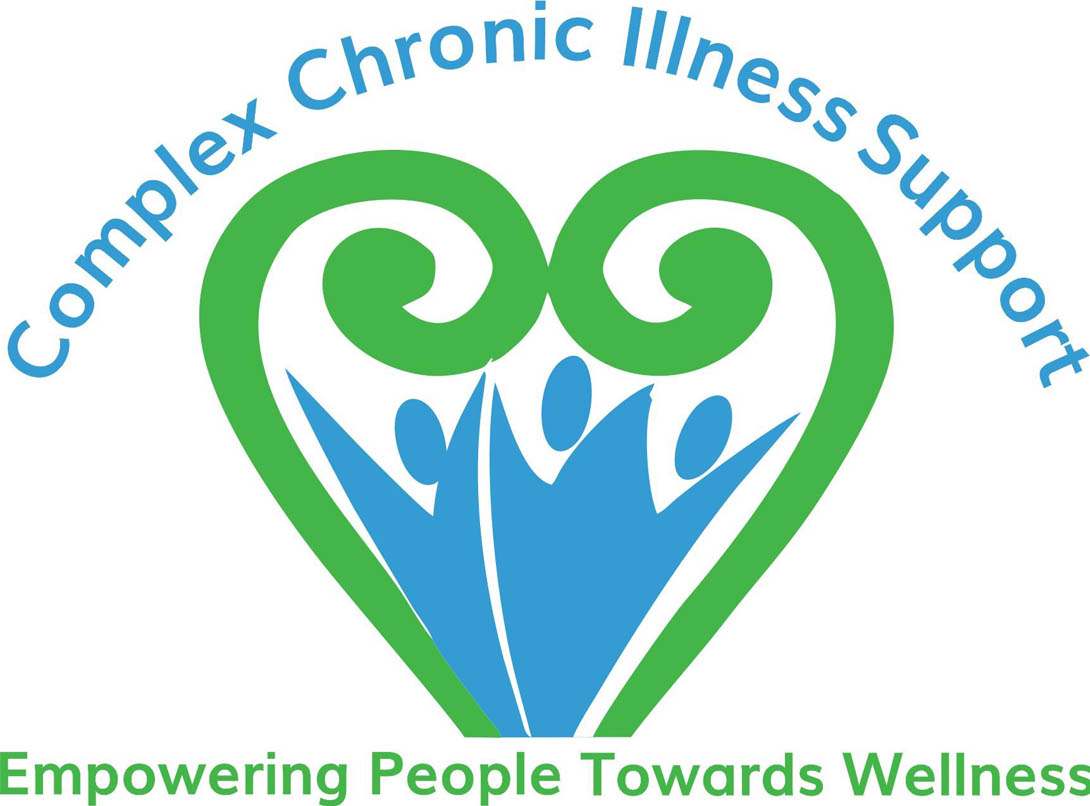A group of researchers have investigated the effects of COVID-19 on the vagus nerve, (Otherwise known as the vagal nerve). The vagus nerve is part of the parasympathetic nervous system, which is part of the autonomic nervous system. This means that the vagus nerve is part of the system that controls what your body does automatically, such as your internal temperature, breathing patterns, heart rate, blood pressure, and digestion. Because of this, an inflammation of the vagus nerve can lead to dysautonomia, which is when the autonomic nervous system does not work properly. This can lead to symptoms like an inability to stay upright, an irregular heartbeat, breathing difficulties, a failure to regulate temperature properly, concentration and memory difficulties, tremors, and more.

The researchers decided to investigate this because they noticed that dysautonomia is frequently reported by Long-COVID patients, and critically ill COVID-19 patients often show rapid and unpredictable deterioration of the autonomic nervous system. They performed several different studies on the vagus nerve and on the effects of COVID-19 on the autonomic nervous system. They found that in the vagus nerve of patients who had died of COVID-19 there was
evidence of the COVID-19 virus, which means that COVID-19 had infected the vagus nerve. They also found evidence of inflammation of the vagus nerve, which means that it was producing an immune response, as well as evidence that the nerve was no longer functioning properly. The nerve’s ability to communicate properly was reduced, and it was less able to transport the things it needs to keep itself healthy.
The team also looked at critically ill COVID-19 patients and evidence of autonomic dysfunction. The patients’ breathing rates were higher in those that were more ill, but lower in those that were lethally ill – Those that later died of COVID-19. This was likely a result of the vagus nerve not working correctly.
What does all this mean for you? It is likely that the autonomic dysfunction seen in these COVID-19 patients is at least partly because the vagus nerve has been infected by COVID-19 and is inflamed as a result. It is also likely that Long-COVID patients are still experiencing some inflammation and dysfunction of their vagus nerve, causing their dysautonomia symptoms. However, on a positive note, the researchers did not find
evidence that this inflammation is causing the vagus nerve to deteriorate. This means that while the nerve may be inflamed, this inflammation is not necessarily causing permanent damage. In addition, this research will help researchers to better understand how COVID-19 affects people, which will help them in their search for treatments for Long-COVID.

If you would like more information on the vagus nerve and techniques you can use to engage your parasympathetic nervous system to put yourself in a state of ‘rest and repair’, please check out our Monthly Members Meeting on the vagus nerve, or ask your facilitator for information.
https://pubmed.ncbi.nlm.nih.gov/37452829/#:~:text=Our%20data%20suggest%20that%20SARS,dysautonomia%20observed%20in%20long%20COVID.
